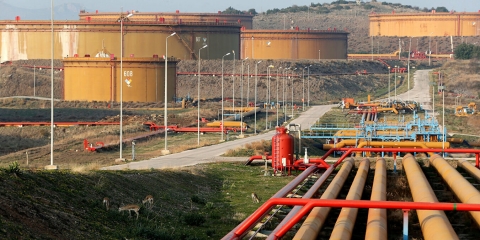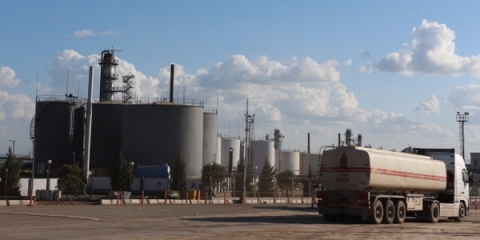The Lights Are Going Out in the Middle East
Six months ago, I was in the National Museum in Beirut, marvelling at two Phoenician sarcophagi among the treasures from ancient Middle Eastern civilizations, when the lights suddenly went out. A few days later, I was in the Bekaa Valley, whose towns hadn’t had power for half the day, as on many days. More recently, […]Robin Wright writes for The New Yorker:
Six months ago, I was in the National Museum in Beirut, marvelling at two Phoenician sarcophagi among the treasures from ancient Middle Eastern civilizations, when the lights suddenly went out. A few days later, I was in the Bekaa Valley, whose towns hadn’t had power for half the day, as on many days. More recently, I was in oil-rich Iraq, where electricity was intermittent, at best. “One day we’ll have twelve hours. The next day no power at all,” Aras Maman, a journalist, told me, after the power went off in the restaurant where we were waiting for lunch. In Egypt, the government has appealed to the public to cut back on the use of light bulbs and appliances and to turn off air-conditioning even in sweltering heat to prevent wider outages. Parts of Libya, which has the largest oil reserves in Africa, have gone weeks without power this year. In the Gaza Strip, two million Palestinians get only two to four hours of electricity a day, after yet another cutback in April.
The world’s most volatile region faces a challenge that doesn’t involve guns, militias, warlords, or bloodshed, yet is also destroying societies. The Middle East, though energy-rich, no longer has enough electricity. From Beirut to Baghdad, tens of millions of people now suffer daily outages, with a crippling impact on businesses, schools, health care, and other basic services, including running water and sewerage. Little works without electricity.





